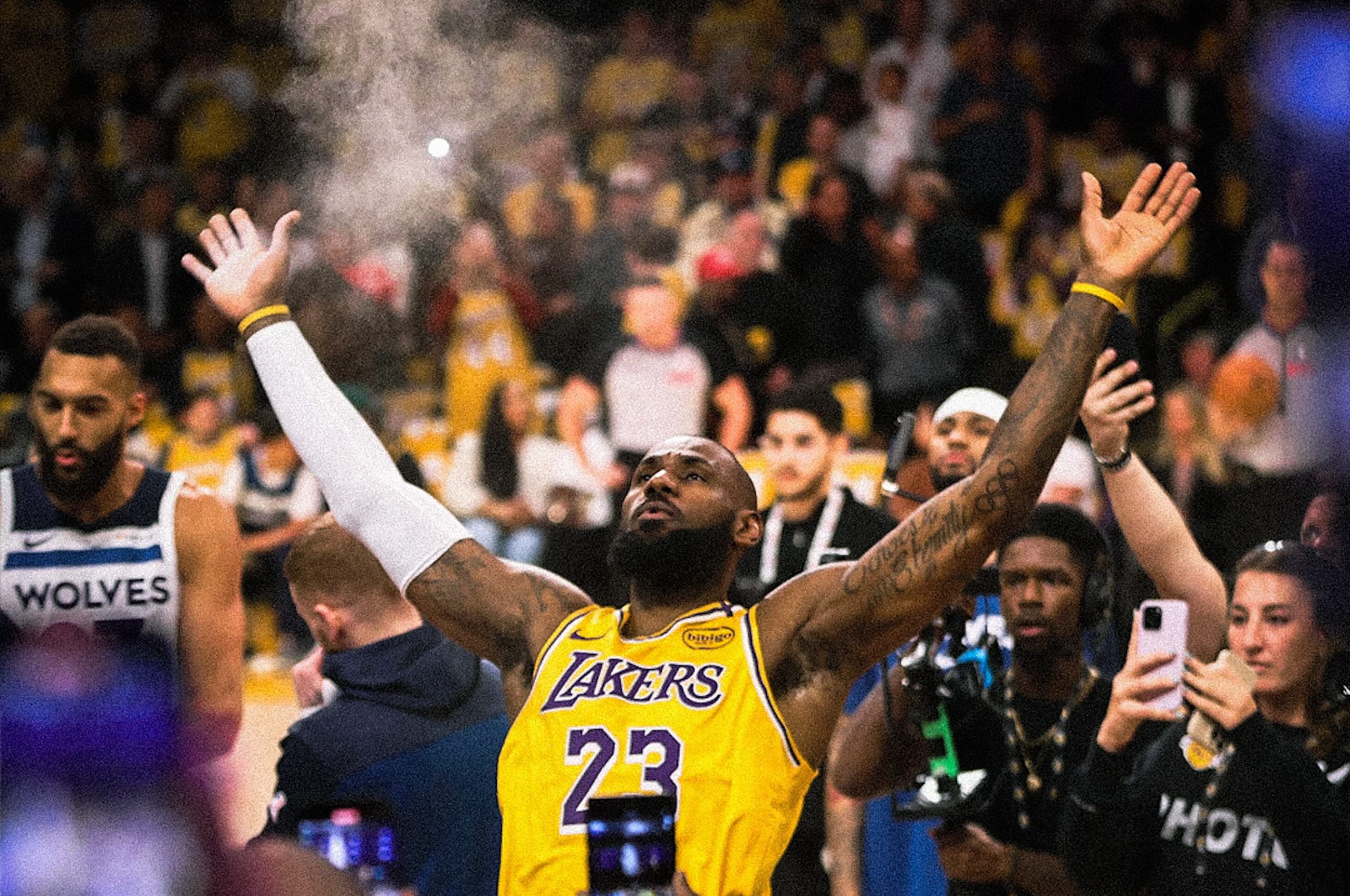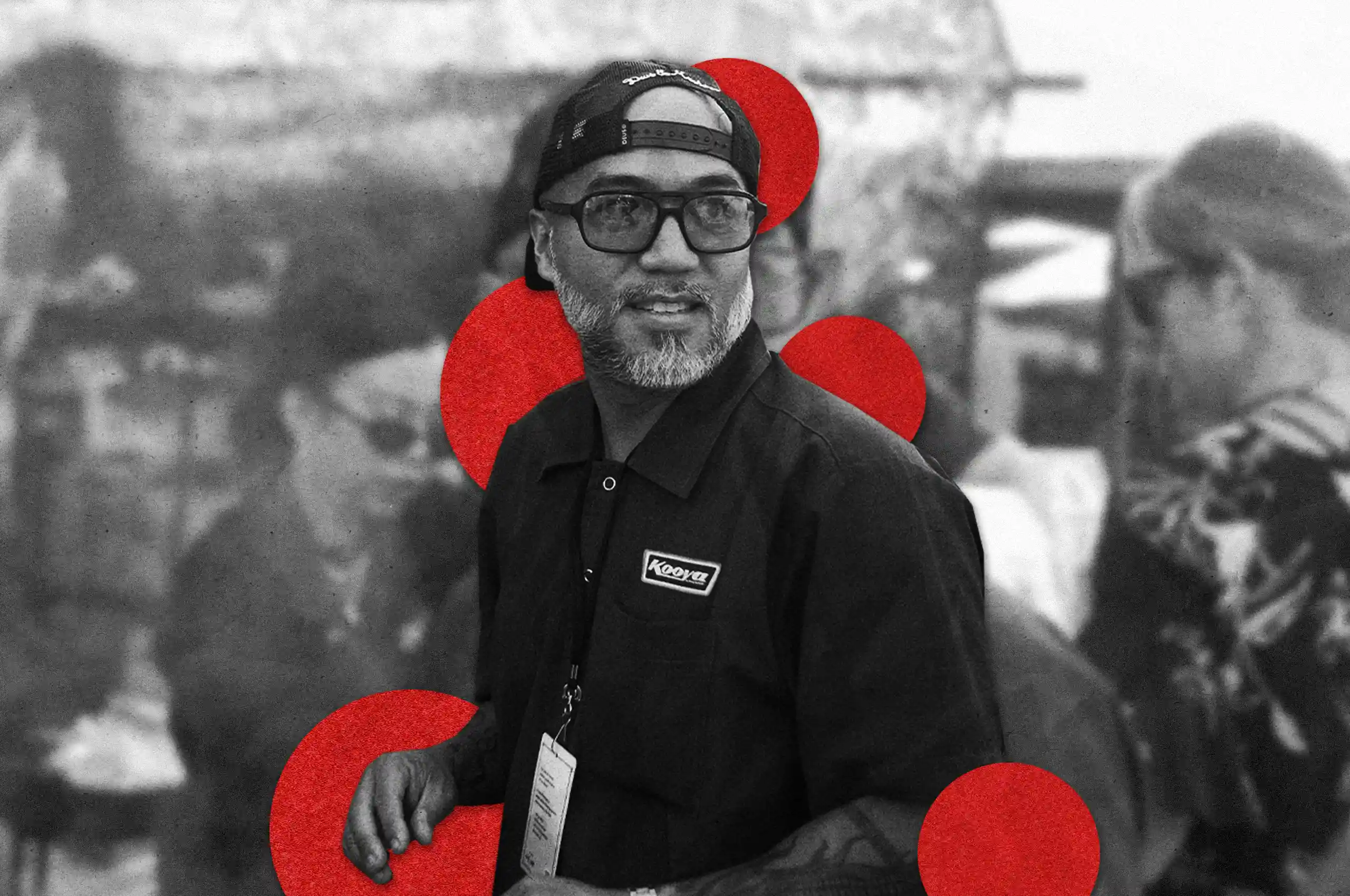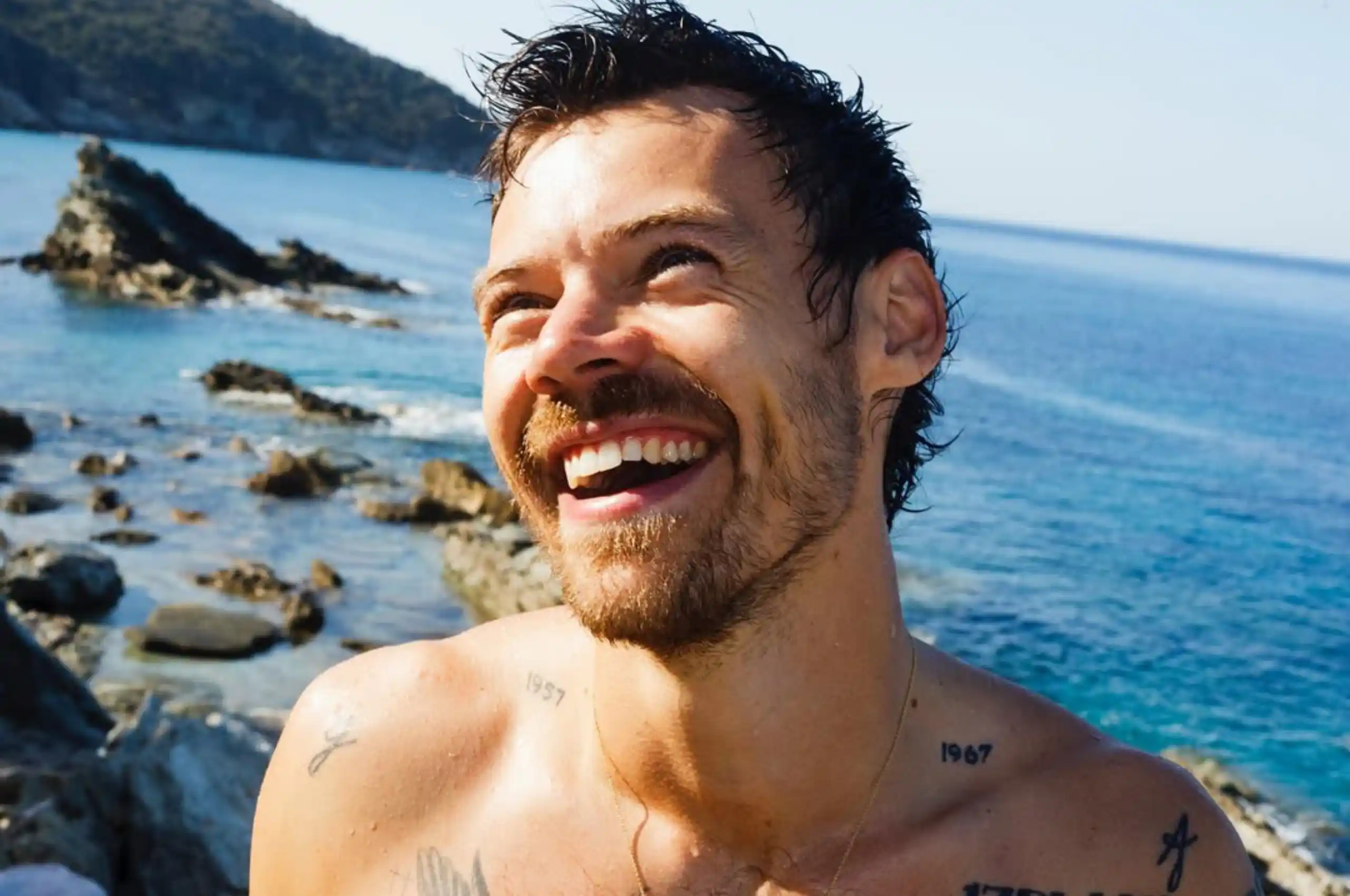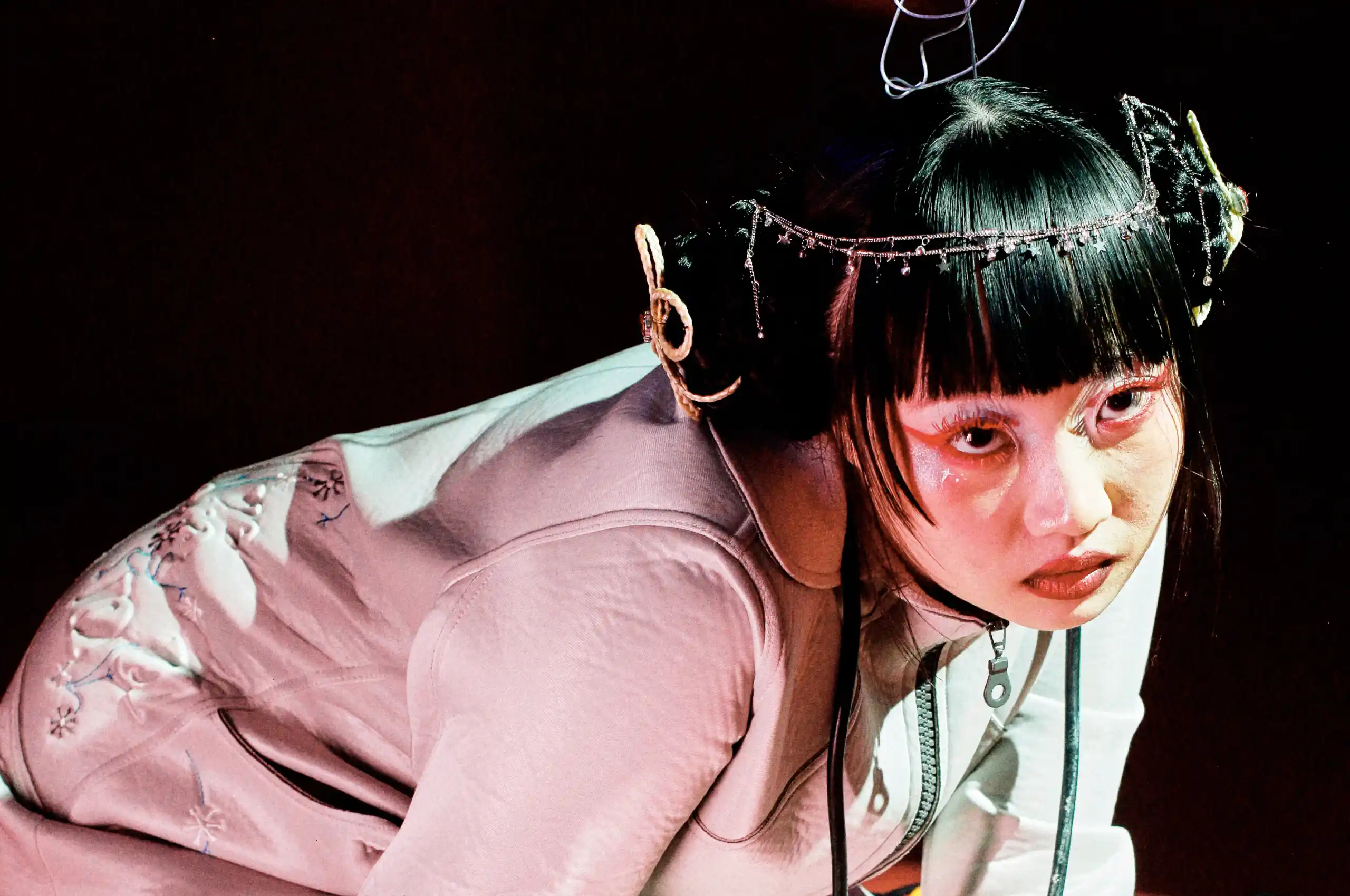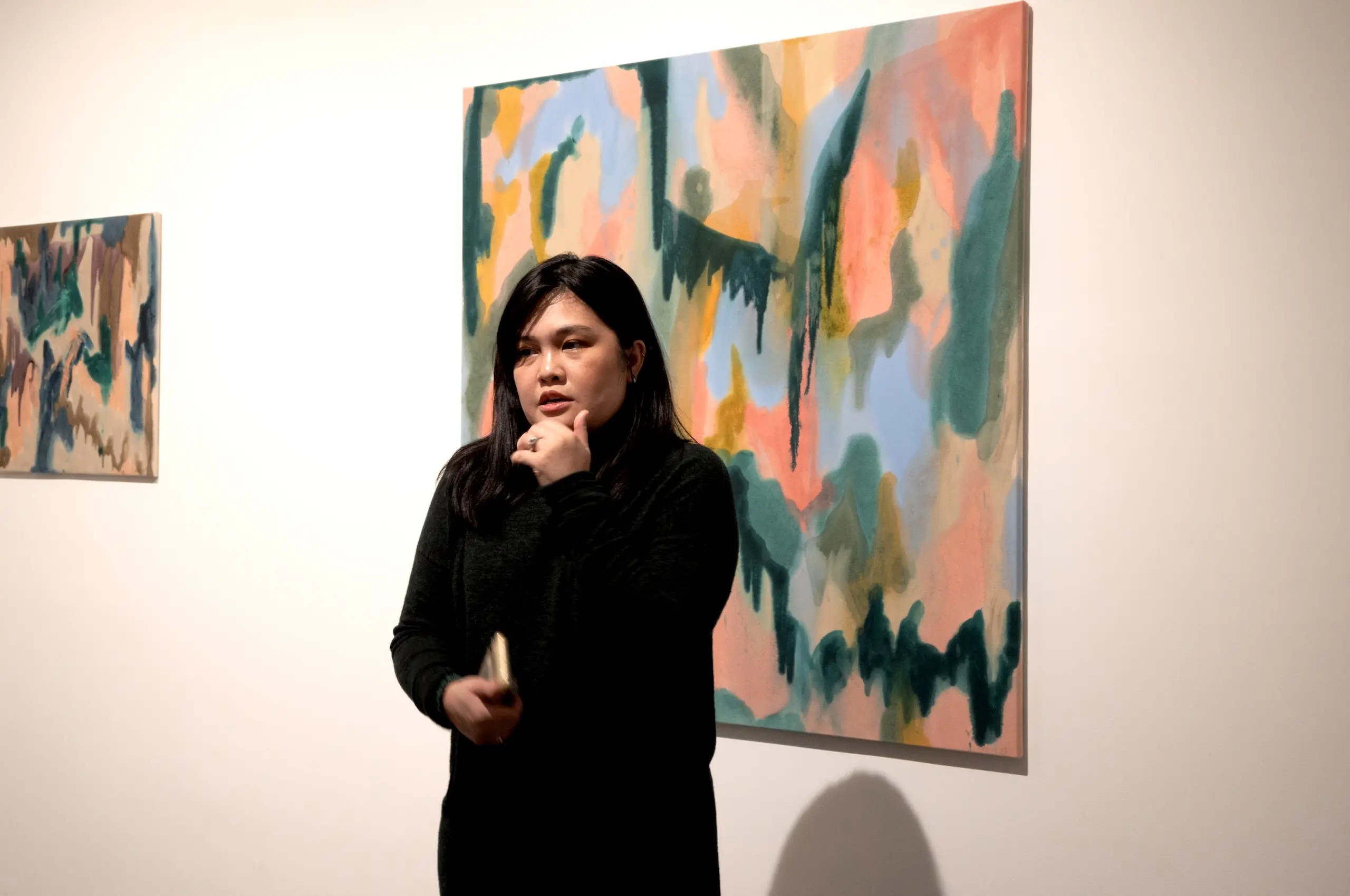On November 29, 2015, Los Angeles Lakers superstar Kobe Bryant announced that he would retire at the end of the 2015-2016 NBA season. His announcement — a poem he shared to The Player’s Tribune — kickstarted one of the most memorable farewell tours in league history. Opposing teams and fans terrorized by Bryant across almost two decades paid their respects. Standing ovations happened frequently. Gifts were given. Video tributes played regularly leading up to Bryant’s final NBA game against the Jazz where he left Staples Center with one last Black Mamba moment — pouring all his energy into one final 60-point game and a W for the home crowd.
Beyond all the fanfare, Bryant’s announcement set the stage for what many were hoping to be a promising rebuild. The pieces were in place. The Lakers drafted some promising talent before Bryant’s final season and in the ones that immediately followed. Expectations were much lower as well. After 20 years of one person being the face of the Lakers, it’s only natural for both the players and the organization to take their time, find their footing, and build an identity in the post-Kobe NBA.
A few seasons later, the Lakers signed LeBron James in free agency.
While the move was certainly the opposite of prioritizing player development, if there was one superstar with the shoulders to take on the responsibility of carrying the Lakers franchise, LeBron’s the guy. It’s hard to think of another player whose every move was scrutinized and dissected, even before getting drafted.
LeBron’s move to the Lakers also signaled that the Lakers were once again in “win now” mode. That only intensified when Antony Davis got traded to the Lakers, a move that most likely wouldn’t have materialized if not for LeBron’s gravity that attract players eager to take a shot at glory.
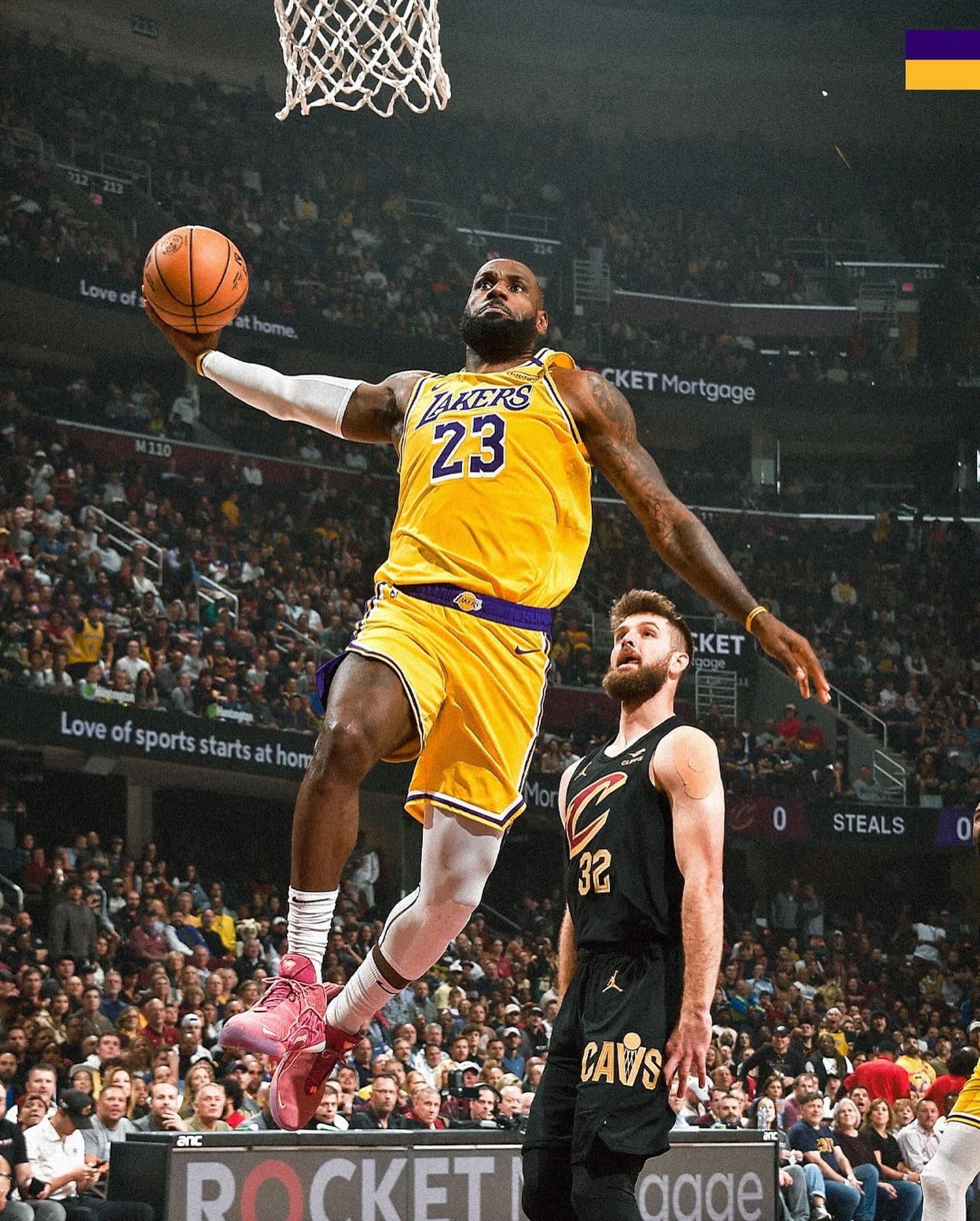
At the age of 40, it’s crazy to think that not only is LeBron the only active NBA player left in a draft class that included Carmelo Anthony, Dwyane Wade, and Chris Bosh, on most days, he also continues to play at a high level. It’s common speculation to think LeBron might be the first guy to beat Father Time, bucking the toll decades spent playing competitive basketball takes on the human body.
But then again, there are stretches that make you think otherwise.
LeBron’s Legacy
At the tail end of last month, LeBron shot 0-2 from three-point range against the Spurs and 0-4 against the Thunder. He started December 0-9 from three against the Jazz, and 0-4 against the Wolves. While three-pointers aren’t much to go on, he’s also logging heavy minutes per game in his 22nd season. That’s so much effort to make only for your team to fall outside the playoff picture (at this moment in time at least).
As much as I’d like to think of LeBron’s recent performances as just a bad stretch — a tiny blip in a career defined by greatness — periods like these make me wonder when that inevitable decline will come and what are the Lakers doing to prepare for life after LeBron.
His accolades in the purple and gold are set for life: a championship in 2020, a fourth Finals MVP, becoming the game’s all-time leading scorer, part of the first father-son duo to play an NBA game together. However, all this focus on LeBron’s individual accomplishments only masks some glaring team construction issues.
The gloss of the success the Lakers found early in the season is starting to wear off. Outside of Anthony Davis, their defense isn’t great. Shooting is inconsistent. Bench production is sometimes non-existent. The Lakers are struggling to beat mid-tier teams, and they’re getting outrun and outhustled by younger, more athletic ones.
The on-court performance contradicts the narrative Lakers fans have been hearing from the front office: that this roster is ready to compete for a title. For a fanbase that’s spoiled for success through the years, when you’re promised a shot at glory, you’ll ride with it. Anything below those expectations is a complete and utter failure — especially when you’ve got LeBron on the roster.
LeBron’s legacy is being at the forefront of player empowerment: giving players the voice and the agency to best position themselves for success.
Maybe this is all just reactionary considering how early it is in the season but continuing to build a team around an aging superstar isn’t the most sustainable path forward. Maybe announcing that farewell tour might be the best move the Lakers can make right now.
Should it happen, and if LeBron did make the call to hang it up after this season, what would that mean for his legacy? Looking at his career and the larger narrative around his NBA journey, stepping away on his own terms has all the makings to be a fitting end to punctuate his reign in an NBA landscape he had an active hand in creating.
LeBron’s legacy isn’t in the championships he’s won. There are players who have won more yet achieved less. It’s not in the number of points he’ll have scored when all is said and done. That’ll just be a record some generational talent down the line will chase and eventually break. LeBron’s legacy is being at the forefront of player empowerment: giving players the voice and the agency to best position themselves for success.
Looking back on what happened when he rocked the sports world by announcing he was leaving Cleveland for Miami during “The Decision”, he literally spoke the concept into existence. His word became a decree that which other stars could follow. While the effect on the NBA remains debatable, it speaks to LeBron’s impact on the game far more than any statistic or championship.
Whether he wakes up one day this season and chooses to call it quits or not, his legacy is intact. The flowers are ready. Better appreciate greatness while we can. We’re all witnesses after all.


